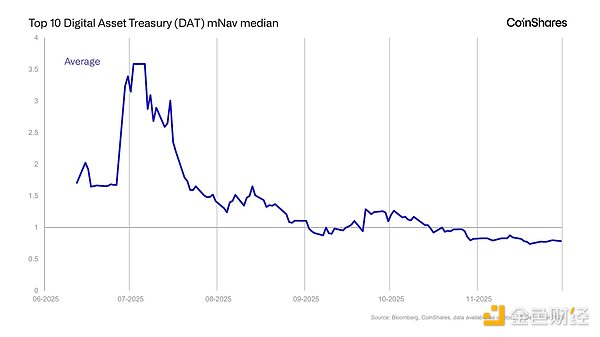With South Korea's CBDC Plans Dead, KakaoBank Joins Stablecoin Gold Rush
KakaoBank is preparing to enter South Korea’s fast-growing stablecoin sector, according to local reports.
In its first-half earnings call on Tuesday, KakaoBank CFO Kwon Tae-hoon said the firm is “actively considering” roles in both stablecoin issuance and custody, with participation aligned to the country’s shifting digital asset policies.
“We plan to engage actively in line with market changes,” Kwon said, adding that KakaoBank’s internal task force is working with other Kakao units to consolidate strategy.
Join the crypto policy conversation Sept. 10 in D.C. — Register now for CoinDesk: Policy & Regulation.
The move adds a regulated online bank to the list of Korean fintechs jumping into the stablecoin race after the Bank of Korea (BOK) shelved its central bank digital currency (CBDC) pilot in June.
The project, as CoinDesk previously reported had reached the testing phase with commercial banks and abruptly halted after President Lee Jae-myung’s administration submitted legislation enabling the local issuance of stablecoins.
Kwon emphasized KakaoBank’s technical readiness, noting the firm had participated in both phases of the now-cancelled BOK pilot.
“We built and operated wallets and handled exchanges and transfers,” he said, pointing to operational experience most firms in the sector can’t yet claim.
He also cited three years of compliance work issuing real-name accounts for crypto exchanges, giving the bank a head start in implementing the kind of KYC and AML frameworks regulators are likely to demand for fiat-pegged tokens.
KakaoBank is part of a weekly stablecoin-focused task force within the Kakao ecosystem, working alongside KakaoPay and the parent group. CEOs Chung Shin-ah (Kakao), Shin Won-keun (KakaoPay), and Yoon Ho-young (KakaoBank) are leading the initiative.
The stablecoin pivot has ignited a wave of speculation and retail activity in Korea’s markets. Circle stock, which went public in June, became the most-purchased foreign equity among Korean retail investors.
This move is happening in parallel Hong Kong's stablecoin plans, where local firms are lining up to get an issuance license after interest in the People's Bank of China's CBDC failed to materialize.
Disclaimer: The content of this article solely reflects the author's opinion and does not represent the platform in any capacity. This article is not intended to serve as a reference for making investment decisions.
You may also like
The truth behind BTC's plunge: Not a crypto crash, but a global deleveraging triggered by the yen shock

DAT: A Concept in Transition

From traditional market-making giants to core market makers in prediction markets, SIG's forward-looking layout in crypto
Whether it's investing or trading, SIG is always forward-looking.
